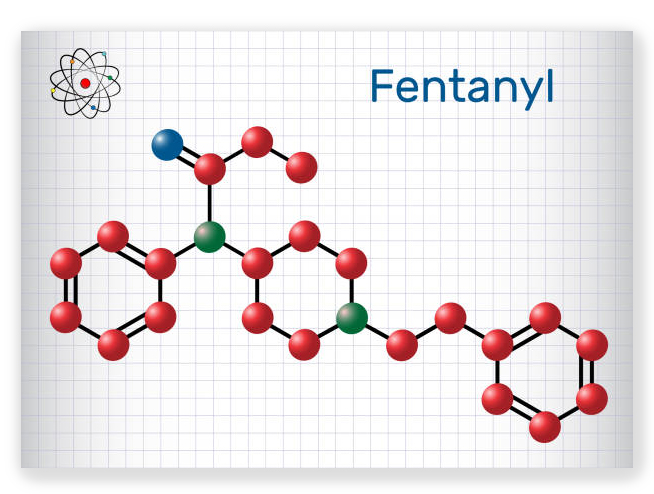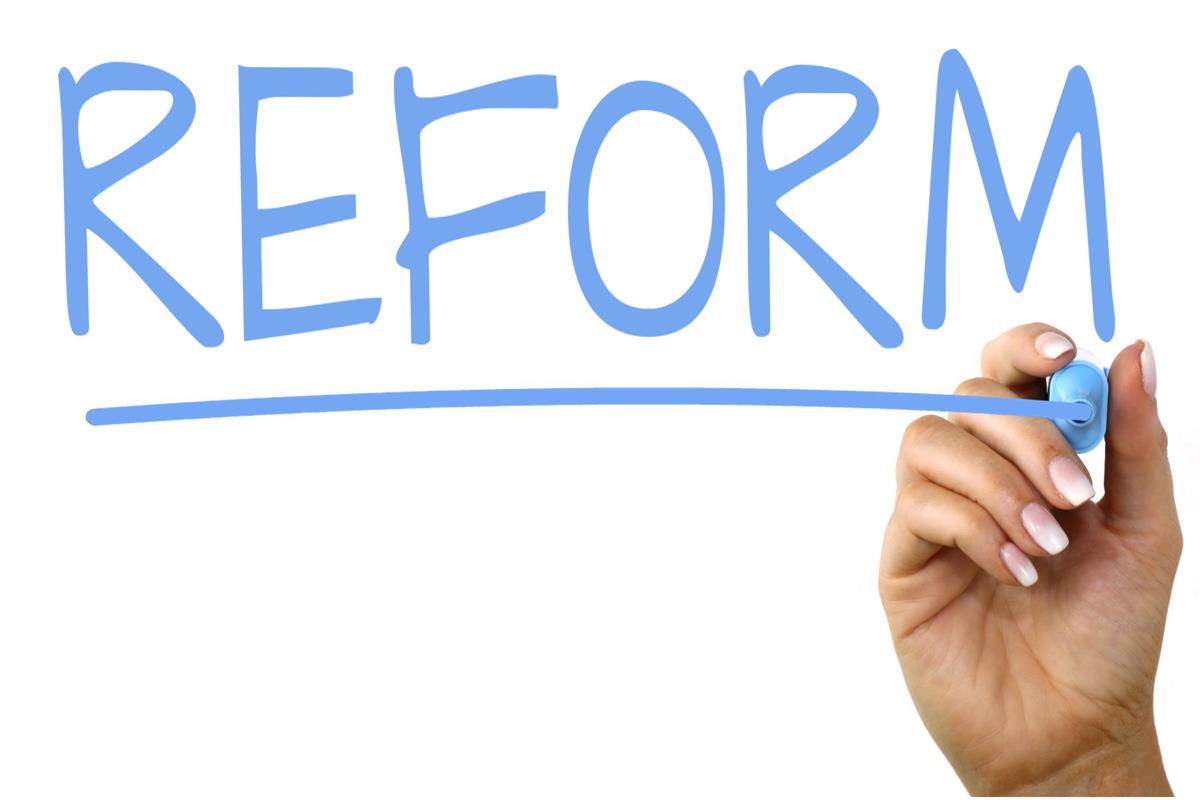We post news and comment on federal criminal justice issues, focused primarily on trial and post-conviction matters, legislative initiatives, and sentencing issues.

I PROMISE…
 Every week, I get dozens of emails asking about new criminal justice laws that have passed (zero) and the status of the EQUAL Act or First Step Implementation Act or the Safer Detention Act or any of a dozen really good criminal reform bills pending before Congress.
Every week, I get dozens of emails asking about new criminal justice laws that have passed (zero) and the status of the EQUAL Act or First Step Implementation Act or the Safer Detention Act or any of a dozen really good criminal reform bills pending before Congress.
What, you think I’m not going to cover any progress or, better yet, the passage of the bills in this blog? I promise – if there’s significant progress on any criminal justice bill (or even insignificant progress), I will cover it. Right away.
I mention this because more and more articles are being written about President Biden as a disappointment on criminal justice reform. Last week, Law 360 said, “One of President Joe Biden’s most powerful tools for advancing criminal justice reform is his voice and yet, despite his campaign promises, he has been mostly silent on the issue while in office, frustrating criminal justice reform advocates.”
The criminal justice reform people “would have liked Biden to do more than just talk about criminal justice reform in his first six months in office, but they are even more frustrated by the fact that he isn’t loudly advocating for reform and isn’t letting people know when he will act on his reform promises.”
 Andrea James, a former criminal defense attorney, said she attended a White House virtual discussion in May about reducing mass incarceration, shortly after Biden’s first 100 days in office. James has been fighting for clemencies through her organization, the National Council for Incarcerated and Formerly Incarcerated Women and Girls, a group that sought clemency for 100 women within Biden’s first 100 days.
Andrea James, a former criminal defense attorney, said she attended a White House virtual discussion in May about reducing mass incarceration, shortly after Biden’s first 100 days in office. James has been fighting for clemencies through her organization, the National Council for Incarcerated and Formerly Incarcerated Women and Girls, a group that sought clemency for 100 women within Biden’s first 100 days.
Biden promised during his presidential campaign that he would use his presidential clemency power to secure the release of individuals facing unduly long sentences for certain nonviolent and drug offenses. “The president can do this with the stroke of a pen and there is absolutely no reason to wait,” James said.
Meanwhile, AP reported last Thursday that while Biden took quick action after his inauguration to shift federal inmates out of privately run prisons, promising it was “just the beginning of my administration’s plan to address systemic problems in our criminal justice system,” the President is overlooking a prime — and, in some ways, easier — target for improving the conditions of incarcerated people: the federal Bureau of Prisons.
The administration has full power to control staffing, transparency, health care, most of all, BOP leadership, the article says. BOP Director Michael Carvajal, “a Trump holdover… who has been in charge as the coronavirus raged behind bars, infecting more than 43,000 federal inmates, still runs the agency. Administration officials have been mulling whether to replace him, but no decision has been made, according to officials who spoke to The Associated Press.
First Step Act programs to reduce recidivism are hampered because there are not enough workers to facilitate them. Nearly one-third of federal correctional officer jobs in the United States are vacant, forcing prisons to use cooks, teachers, nurses and other workers to guard inmates. “There need to be enough people working in a prison to keep people housed in a prison safe. And they must be able to get access to the programs that should allow their release,” said Maria Morris of the American Civil Liberties Union’s National Prison Project.
A key part of Biden’s agenda racial justice, and nowhere is racial equity a more pressing issue than inside prison, where the inmate population is “still disproportionately filled with Black people.”
Advocates say that while Biden “has talked a good game, his actions tell a different story, particularly because the Justice Department has refused to reverse a legal opinion requiring inmates released during the pandemic to return to prison.”
 “There isn’t an appetite in the administration to act,” said Inimai Chettiar of the Justice Action Network.
“There isn’t an appetite in the administration to act,” said Inimai Chettiar of the Justice Action Network.
The Hill reported last week that the White House continues to say nothing about whether Biden will do something to permit people on CARES Act home confinement to stay on home confinement. The Administration has been under pressure for months to revoke the Trump era legal memo, which concludes that CARES Act people have to go back to prison when the COVID emergency ends.
Some have proposed Biden use clemency to immediately end the sentences for those who have been living outside prison walls or push for the expanded use of compassionate release for the inmates.
“With a new rise in COVID-19 cases across the country, it’s unlikely the pandemic will be declared over any time soon,” The Hill said. “But as it currently stands, thousands will have to return to prison when it ends, and the Biden administration has not offered any public guidance on whether that could change.”
Law 360, Advocates Frustrated By Biden’s Silence On Justice Reform (July 25, 2021)
Associated Press, Is Biden overlooking Bureau of Prisons as reform target? (July 29, 2021)
The Hill, Inmates grapple with uncertainty over Biden prison plan (July 30, 2021)
– Thomas L. Root























